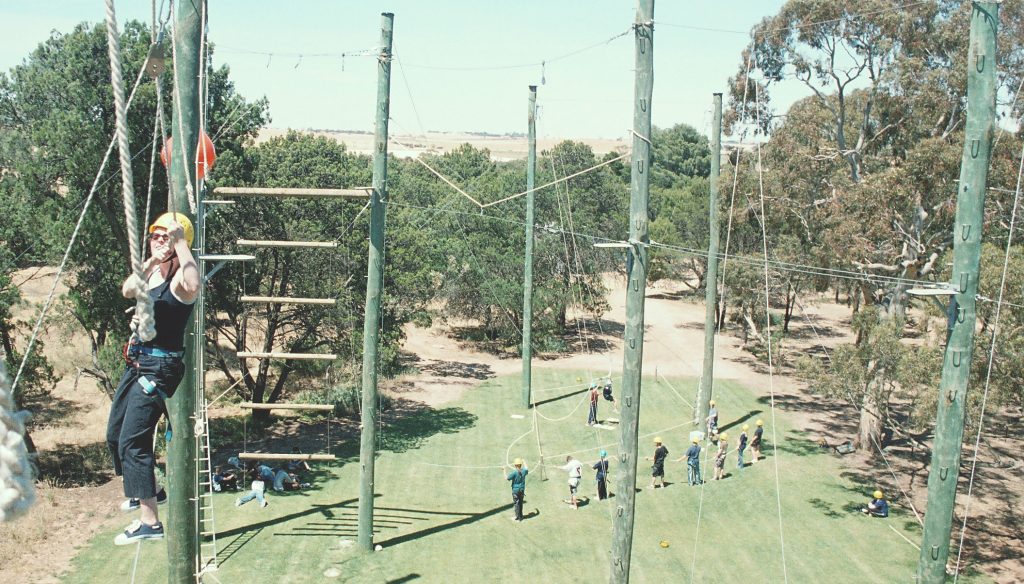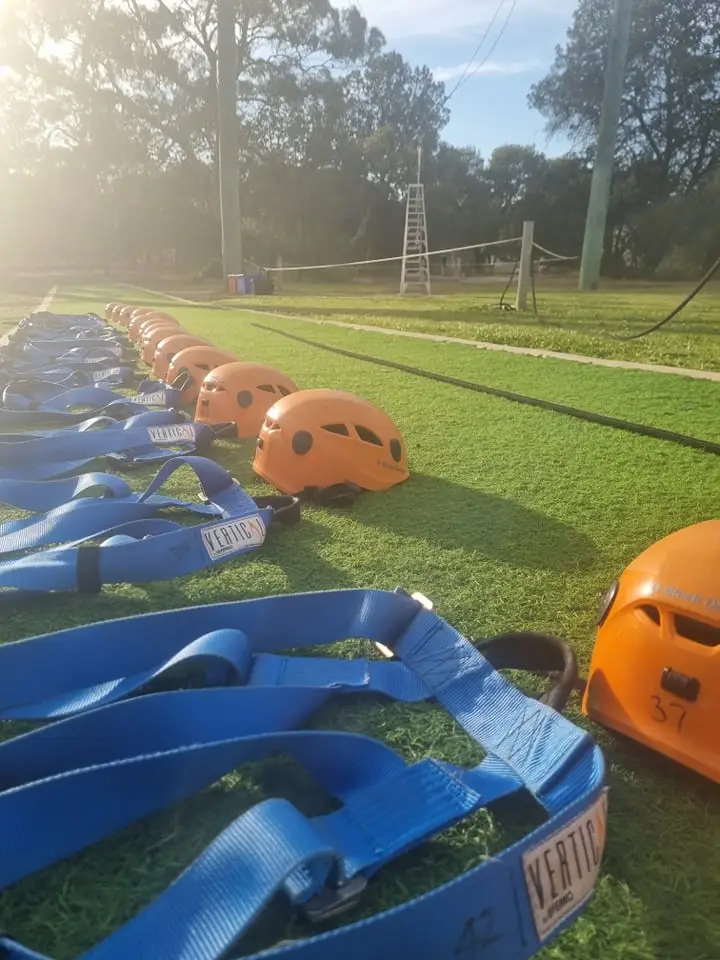Organizing a school camp can be a rewarding experience for students and staff alike. However, it can also feel overwhelming. To ensure a smooth and successful camp, several key factors need to be considered. This guide will break down the essential aspects of planning a school camp:

1. Planning for a Purposeful Camp:
- Set Clear Objectives: What’s the goal of the camp? Is it team-building, curriculum-related learning, or simply recreation? Having a clear purpose helps tailor activities and maximize the camp’s impact.
- Create a Detailed Itinerary: Plan a schedule that keeps students engaged with activities, workshops, and breaks.
- Allocate Responsibilities: Delegate tasks to teachers, staff, and volunteers to ensure everyone plays a role in a successful camp.
2. Logistics: Location, Transportation, and Accommodation:
- Location Selection: Choose a venue that offers facilities suited to your camp’s goals. Nature retreats, outdoor education centers, or even historical sites can be fantastic options.
- Transportation: Arrange safe and reliable transportation for students to and from the campsite.
- Accommodation: Secure safe and comfortable lodging for all students and staff.
3. Safety First: Risk Assessment and Procedures:
- Risk Assessment: Identify potential hazards associated with planned activities and the camp environment. Develop safety protocols to mitigate these risks.
- Emergency Procedures: Establish clear procedures for handling emergencies like medical situations or missing students. Communicate these procedures to all participants.
- Supervision: Ensure an appropriate staff-to-student ratio for proper supervision throughout the camp.
4. Keeping Everyone Informed: Communication is Key!
- Parental Involvement: Communicate with parents about camp details like schedules, emergency contacts, and packing lists. This keeps them informed and involved.
- Staff Communication: Maintain open communication channels among staff members. This allows for prompt problem-solving and ensures everyone is on the same page.
- Student Briefing: Before the camp, provide students with clear instructions and expectations about behavior, schedules, and activities.

5. Budgeting for a Successful Camp:
- Cost Analysis: Estimate all expenses involved in the camp, including transportation, accommodation, meals, and activities.
- Fundraising: Explore fundraising options to offset costs and make the camp more accessible to all students.
- Financial Planning: Create a detailed budget plan and track expenses to stay within financial constraints.
By considering these key factors, you can ensure your school camp is not only well-organized, but also a fun and enriching experience for everyone involved!





